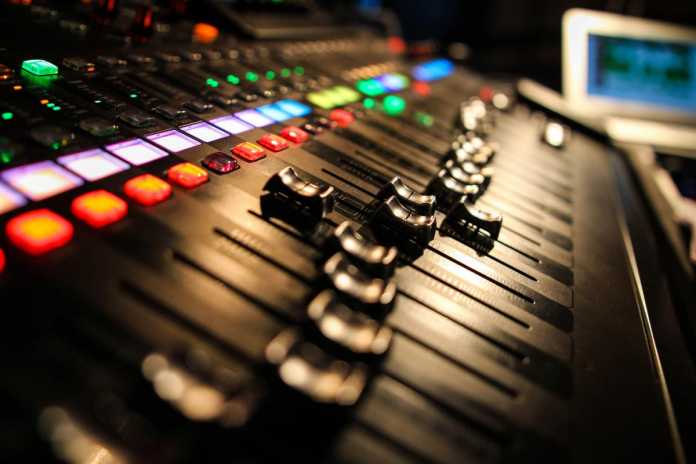In this course students learn the basic concepts of acoustics and electronics and how they can applied to understand musical sound and make music with electronic instruments. Topics include: sound waves, musical sound, basic electronics, and applications of these basic principles in amplifiers and speaker design.
Category Archives: Musique
Les chansons des troubadours
Les chansons des troubadours par fr-universite-numerique
Ce cours entend faire découvrir le monde des troubadours du Moyen Âge Occitan à travers leurs chansons et les idées qu’elles véhiculent. Nous verrons tout particulièrement comment ces poètes du XIIe siècle, en réinventant l’amour, ont révolutionné l’image de la dame. Nous verrons aussi comment, exédés parfois par la société de leur temps, ils chantent leur rage et leur désespoir.
Fin des inscriptions : 04 avril 2015
Début du Cours : 19 mars 2015
Fin des cours : 03 mai 2015
la musique des Beatles
The Music of the Beatles will track the musical development of the band, starting from the earliest days in Liverpool and Hamburg, moving through the excitement of Beatlemania, the rush of psychedelia, and the maturity of Abbey Road. While the focus will be on the music, we will also consider how recording techniques, the music business, the music of other artists, and the culture of the 1960s affected John, Paul, George, and Ringo as they created the Beatles repertory.
There is probably no band or artist that has had more written about their music than the Beatles. There are many good books on the band’s biography, several insider accounts offering glimpses behind the scenes, books that interpret the meaning of the songs, and even books that catalog dates and people regarding the band. This course will try to synthesize much of that information into an account of the Beatles’ development as musicians and songwriters.
Le piano mathématicien
Comme de nombreux phénomènes physiques, le fonctionnement d’un piano peut être modélisé grâce aux mathématiques. Mais le modèle obtenu permet aussi d’aller plus loin, de rêver de pianos impossibles ou d’imaginer des sons nouveaux. La recherche offre ainsi au compositeur un formidable champ d’exploration et de création.
Cliquez sur l’image pour avoir accès à l’article.
Pythagore et l’analyse de la musique

La musique et les mathématiques sont liées, du moins selon les théories de Pythagore, le premier à avoir analysé les sons par les nombres. En plus de son fameux théorème, il a expliqué scientifiquement la musique à l’aide d’un monocorde. Grâce à cet instrument, il a créé une gamme. Reportage lors d’une conférence sur ce thème à Moutier. Deux professeurs, l’un de maths et l’autre de musique l’ont animée. Selon Roger Duc, pianiste et professeur de musique, l’analyse ne doit pas primer sur l’écoute mais l’étude reste intéressante, surtout pour les musiques savantes.

